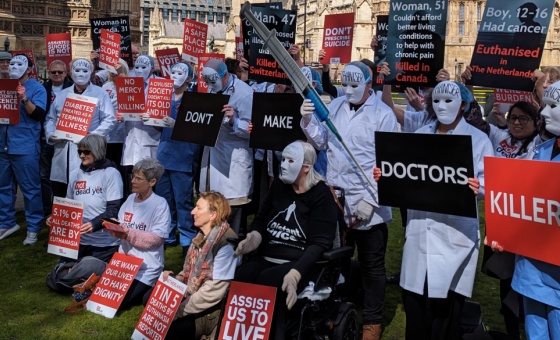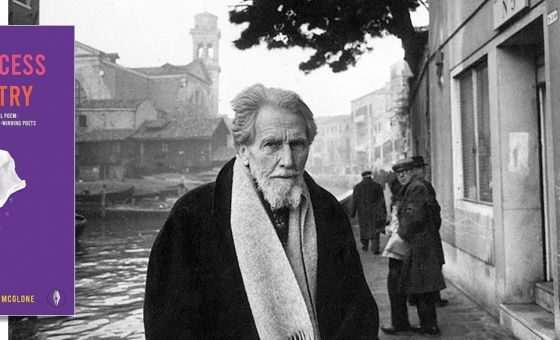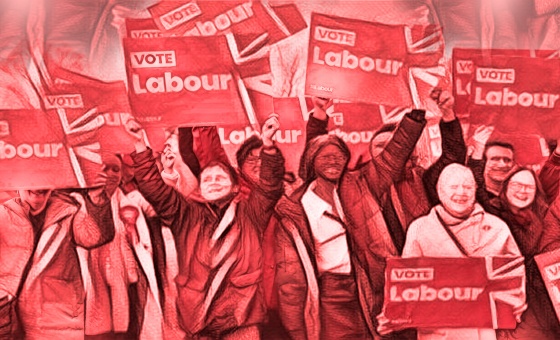This is the last article you can read this month
You can read more article this month
You can read more articles this month
Sorry your limit is up for this month
Reset on:
Please help support the Morning Star by subscribing here
THERE is no mistaking that elections are near because the Tories, and to a slightly lesser amount, Labour, are back demonising benefit claimants. In a recent Department for Work and Pensions (DWP) video, now deleted, that featured the minister (supposedly) for disabled people, we can clearly see the Tories are not targeting just any benefit claimants but instead only those with disabilities.
The video showed the minister, Tom Pursglove, preparing for an early morning raid with the police. One camera shot lingered on the specially designed DWP stab vest and was accompanied by the words, “We will track you down. We will find you. And we will bring you to justice.”
For a start, we need to ask, what does that do for those with disabilities? It does nothing but cause alarm when there is so much need. A social care crisis, underfunded NHS and staff, scandal after scandal in care, especially for those with learning disabilities and mental illness, an extreme lack of accessible homes — the list goes on and on.
Rather than focusing on these problems, the minister tries to divert our attention to disability “benefit fraud.” But is this really a problem?
Just 0.07 per cent of disability benefit claims were investigated for fraud, and of those investigated 89 per cent were overturned. Many cases turn out to be errors made by the DWP, not the claimant.
But since when did the Tory Party let facts spoil election campaign propaganda? And so, the ignorant will drink the Kool-Aid and the bashing of the disabled will go up a notch as a result. That is because there is a direct link between media portrayals of disabled people as scroungers — and in this case, dangerous — and an increase in hate crimes.
What those attacking the disabled fail to realise is how hard it can be to successfully claim disability benefits. Up-to-date medical documentation, often from multiple sources, is required as well as a face-to-face interview to demonstrate the extent of your disability.
Just having to write out what you can’t do or can no longer do, and coming to terms with this can prove to be a mental hurdle that many can’t face.
For others, the shaming of disabled people as scroungers has meant they don’t claim the money they are entitled to. Disability is costly with Scope saying their research shows that on average life costs £583 more a month for someone with a disability.
So, if an individual with a disability doesn’t claim what they are entitled to, it inevitably leads to increased suffering and death. This video exacerbates this shame.
Of course, claiming additional money is not something the minister [against] disabled people is embarrassed about — he claimed over £200,000 in expenses in 2022 on top of his £90,000 a year salary.
Depictions of disabled people like the one in the video do not only lead to an increase in hate crimes but an increase in fear. This isn’t because disabled people are acting fraudulently, but because the DWP is actively encouraging neighbours to spy on neighbours and report them to the DWP.
For those who have invisible disabilities, this can be a particular worry, as it could be that someone ignorant of their suffering and exorcised by such videos might choose to call the DWP on them.
Clinical psychologist Dr Annie Hickox says: “People with mental health problems and/or invisible disabilities may be put most at risk by the sense of stigma, fear, and shaming triggered off by images of police aggressively breaking into their homes and treating them like criminals.
“Not only do many of those struggling with mental illness already experience chronic fear and anxiety arising from social stigma, but also may already have negative beliefs about being followed or monitored as symptoms of their mental health condition.
“This might mean a deeply held fear may become confirmed: ‘they really are coming after me!’ Feelings of worthlessness and self-criticism are often part of self-shaming: ‘I should be doing better than this. What is wrong with me?’ And are likely to be strengthened by a government that sanctions a message depicting the disabled as scroungers, lazy, or malingering.”
The impact of the government video is that it allows the non-disabled to become voyeuristic bystanders who watch the disabled as if they were criminals in a TV drama. By doing so, it deflects our attention away from the dire lack of services for this community and the oppressive and privileged system that enables and reinforces discrimination and stigma.
Ruth F Hunt is a freelance journalist and author.
Dr Annie Hickox is a clinical psychologist — www.dranniehickox.co.uk.










